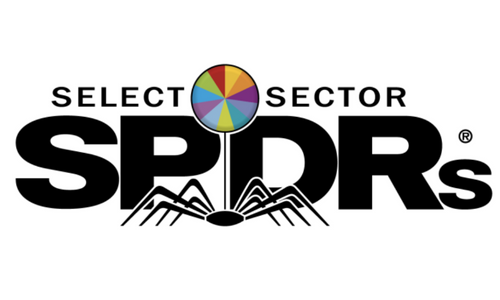 News Release
News ReleaseShedding Light on Cystic Fibrosis
YourUpdateTV
Cystic fibrosis (CF) is a rare, progressive, and genetic disease that currently affects about 40,000 people in the United States. CF is the result of a defective gene, inherited from each parent, and the disease can impact people of all races and ethnicities. Recently, KC White, Board Chair of the Cystic Fibrosis Foundation, participated in a nationwide satellite media tour to discuss the disease, her personal journey, and how the Foundation is helping progress care and treatment options. A video accompanying this announcement is available at: https://youtu.be/8wj8u0JEqLU CF is a life-shortening disease that prevents our bodies from clearing mucus. This can lead to lung infections, poor nutrition, lung disease, and a host of unique challenges that can impact every aspect of a person’s life. When it was first discovered, it was considered a fatal pediatric disease. But due to transformative advancements in treatments and high-quality care, the life-expectancy for someone born with CF today is 56. While that number is climbing there is still a long way to go and unfortunately, not all people with CF equally benefit from this progress. KC White was elected chair of the Cystic Fibrosis Foundation’s Board of Trustees in 2022 after serving on the Board since 2005. Diagnosed with cystic fibrosis at age 3, White has been a committed volunteer and inspiring advocate for the Foundation since childhood and is the first person with CF to serve as board chair. When she was diagnosed, she wasn’t expected to live past high school age, but her family refused to accept that fate, which prompted their dedication to the Foundation’s work. Because of recent treatments known as modulators, about 90% of the CF population (including KC) experienced an incredible transformation in their health. With this though, comes navigating unplanned challenges including careers, finances, family, and more. In addition to fueling the research, particularly in genetic therapies, that will lead to transformative treatments for the entire CF population, the CF Foundation works to support the CF community in all aspects of their lives through support programs and fostering connection opportunities. The CF Foundation is committed to finding a cure and providing all people with CF the opportunity to lead long, fulfilling lives. The Foundation is aggressively funding research and drug development, advancing high-quality, specialized care, and partnering with and advocating for the CF community. For more information, visit CFF.ORG About KC White KC White was elected chair of the Cystic Fibrosis Foundation’s Board of Trustees in 2022 after serving on the Board since 2005. Diagnosed with cystic fibrosis at age 3, White has been a committed volunteer and inspiring advocate for the Foundation since childhood, speaking at her first Foundation event when she was only 9 years old. She is the first person with CF to serve as board chair. White received her Master of Applied Positive Psychology from the University of Pennsylvania in 2022 and currently serves as an assistant instructor in the program. She is also the Head Varsity Women’s Lacrosse coach for the Chagrin Falls, Ohio, Tigers. She and her husband, Justin, have one son, Mac. About the Cystic Fibrosis Foundation The Cystic Fibrosis Foundation is a donor-supported nonprofit organization leading the relentless pursuit of a cure for cystic fibrosis. The Foundation is committed to providing all people with CF the opportunity to lead long, fulfilling lives by funding research and drug development, advancing high-quality, specialized care, and partnering with and advocating for the CF community. The Foundation funds more CF research than any other organization, and nearly every CF drug available today was made possible because of Foundation support. The organization supports and accredits a national network of over 130 CF care centers recognized by the National Institutes of Health as a model of care for a chronic disease. Also, the Foundation manages support programs and fosters connection opportunities for the CF community. Based in Bethesda, Md., the Foundation’s impact is made possible by the work of nearly 70 local chapters across the country. Contact Details YourUpdateTV +1 212-736-2727 yourupdatetv@gmail.com
June 28, 2024 12:45 PM Eastern Daylight Time
Video





